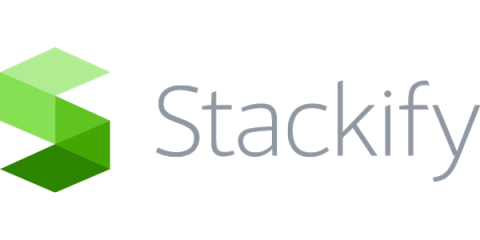Tigera Announces Open-Source Calico for Windows and Collaboration with Microsoft
Tigera is pleased to announce that we have open-sourced Calico for Windows and made it immediately available for all to use for free. With the launch of open-source Calico for Windows, the vast ecosystem of Windows users now has unprecedented access to Kubernetes via the industry’s de-facto standard for Kubernetes networking and network security.











